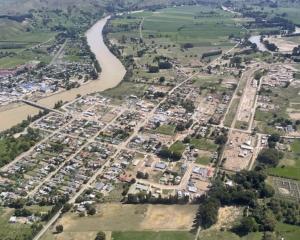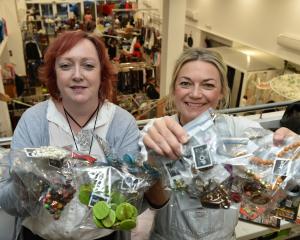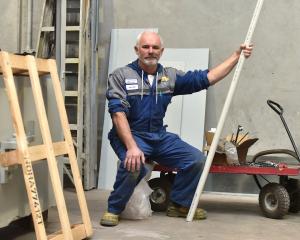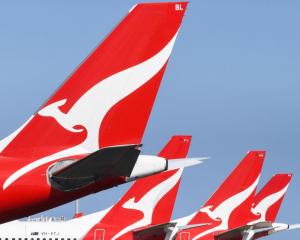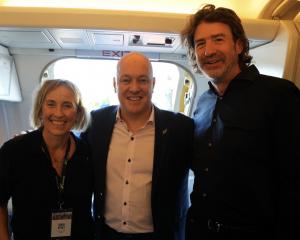Comment
Sports fans have the most to win and lose from the proposed merger between SkyTV and Vodafone NZ , as content will become even more important when the merged group competes for customers.
SkyTV has previously lost premier football rights and some of the top golf tournaments around the world.
Its major sports for New Zealanders are rugby and league, the All Blacks being the main attraction for fans who remain SkyTV customers.
The $3.44billion merger will mean the UK's Vodafone Group takes a 51% and controlling stake in the merged company. Vodafone NZ chief executive Russell Stanners issued something of a warning yesterday for people concerned about how level the sports field will be post-merger.
"This is an exciting time for the rapidly evolving communications and entertainment industries. The merger brings together Sky's leading sports and entertainment content with our extensive mobile and fixed networks, enabling customers to enjoy their favourite shows or follow their team wherever they are.
"The combination with Sky will bring greater choice, enhanced viewing experiences, and will better serve New Zealanders as demand for packaged television, internet and telecommunications services increases,'' he said.
But what if fans wanting to watch rugby, league or any of the other sports shown on SkyTV now have to be Vodafone customers to access content?
The Commerce Commission is unlikely to find anything disagreeable about the proposed merger, having previously said Coliseum/BelN had demonstrated other rights were available.
Having the might of Vodafone UK behind it will mean extra clout when it comes to sourcing the all-important sports content and may mean the return of the prized premier football and/or golf to SkyTV.
Also important is what happens to the rest of New Zealand's media.
Already, NZME. and Fairfax are proposing to roll together their New Zealand operations in a merged operation with a listing on the NZX.
Labour Party media spokeswoman Clare Curran raised some good points yesterday when she told the Otago Daily Times the commission was likely to rule this year on two major media mergers within a similar timeframe.
She hoped "true public interest'' was accorded due consideration, she said.
She felt concerned about the increasingly endangered status of New Zealand-made free-to-air television.
Rumours had abounded for a long time about Newshub and the possible division of its radio and television components and the impact of that on what was now known as TV3.
Alongside, TVNZ was afforded privileged status as the state-owned but corporately run television network which, despite regular injections of New Zealand on Air funding, looked nothing like its state-owned public broadcaster cousins in Australia and the UK.
TVNZ remained useful to the Government because it sometimes returned a dividend.
"Standing alone on a small island called public broadcasting is RNZ [formerly Radio New Zealand], which has deftly made the multimedia transition but contends with inexorable rising seas of change due to funding starvation and its ability to grow.'' she said.
Spark says it is ready to compete for content but not directly with SkyTV.
It will look at global players such as Netflix, YouTube, Apple and, importantly, direct-to-consumer premium sports content owners for inspiration.
SkyTV and Vodafone have been necessary for some people but neither is universally popular with its subscribers and customers.
If someone with deep pockets arrives with an offer the New Zealand Rugby Union cannot refuse, thousands of people will quickly abandon the new group.

